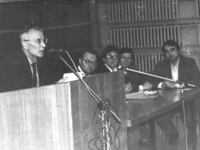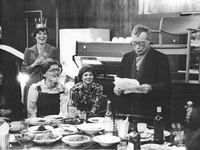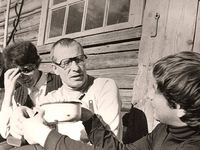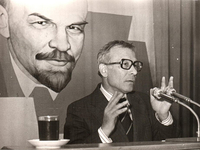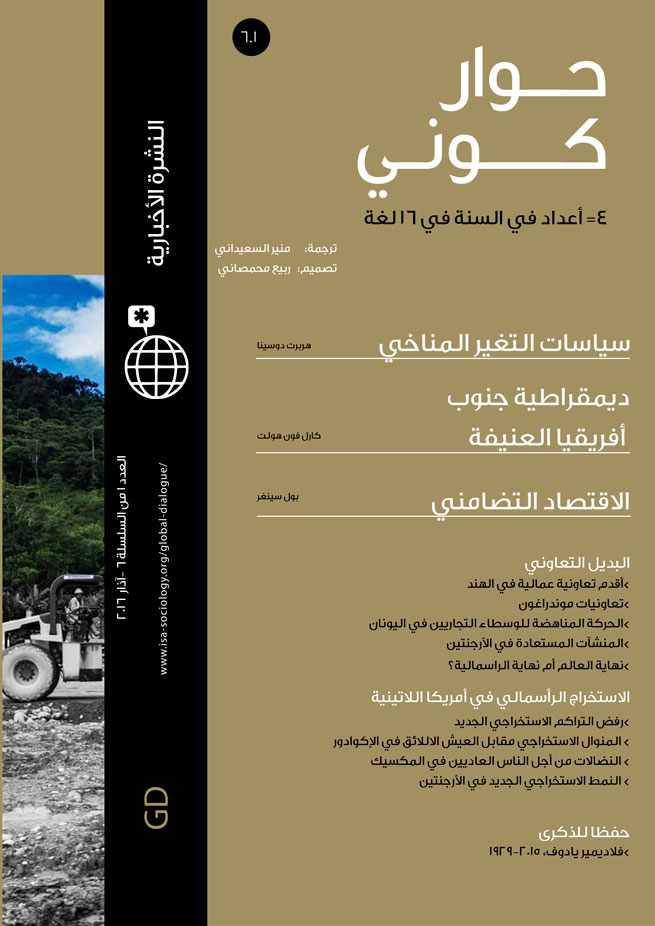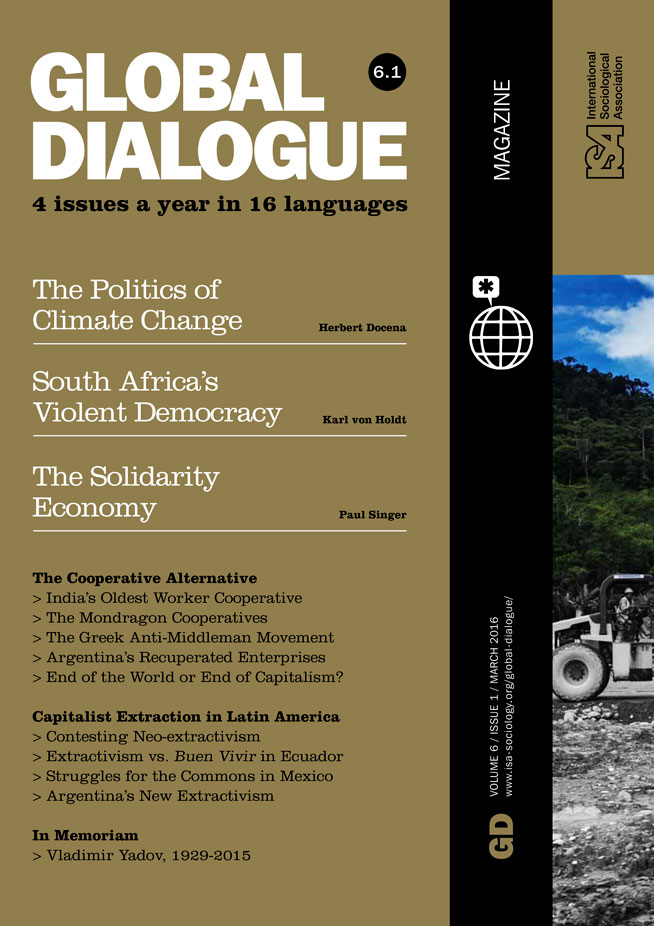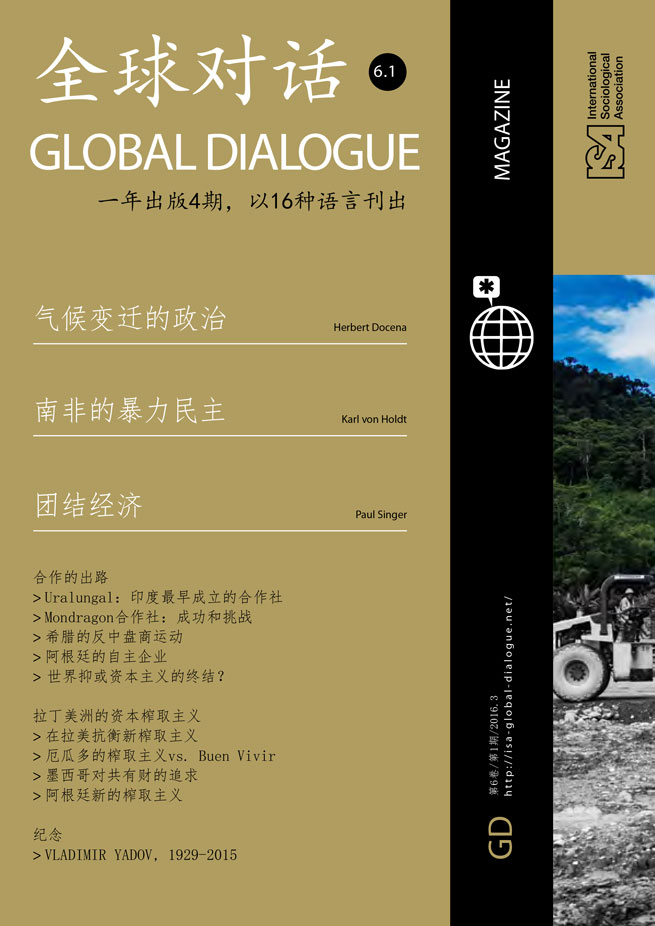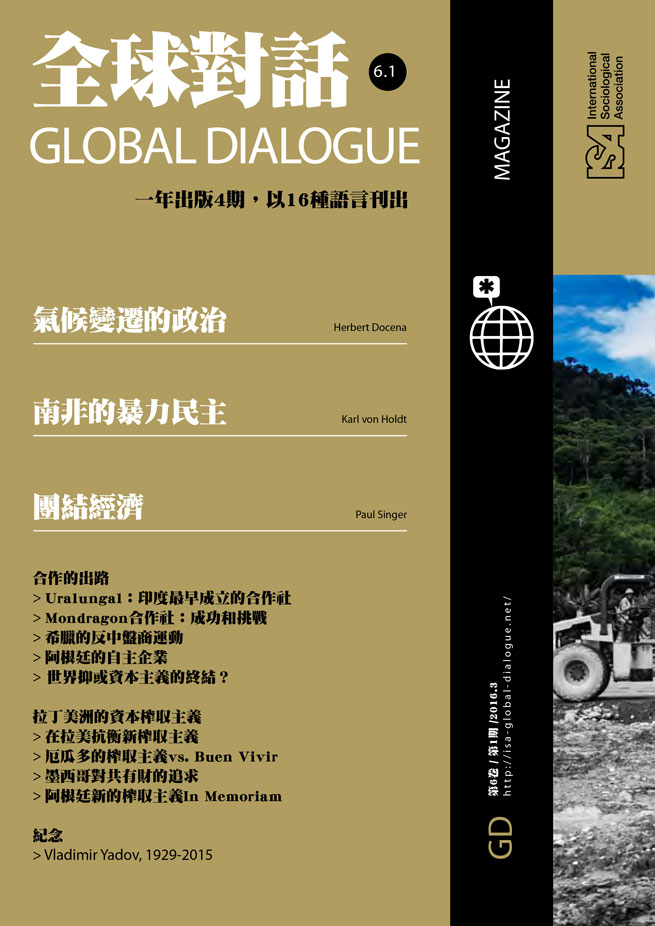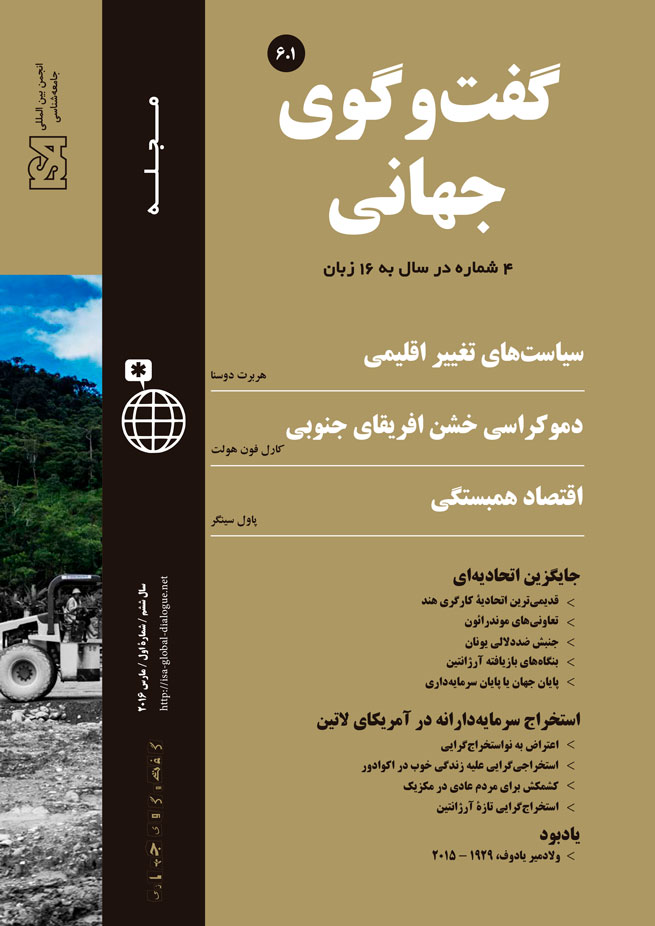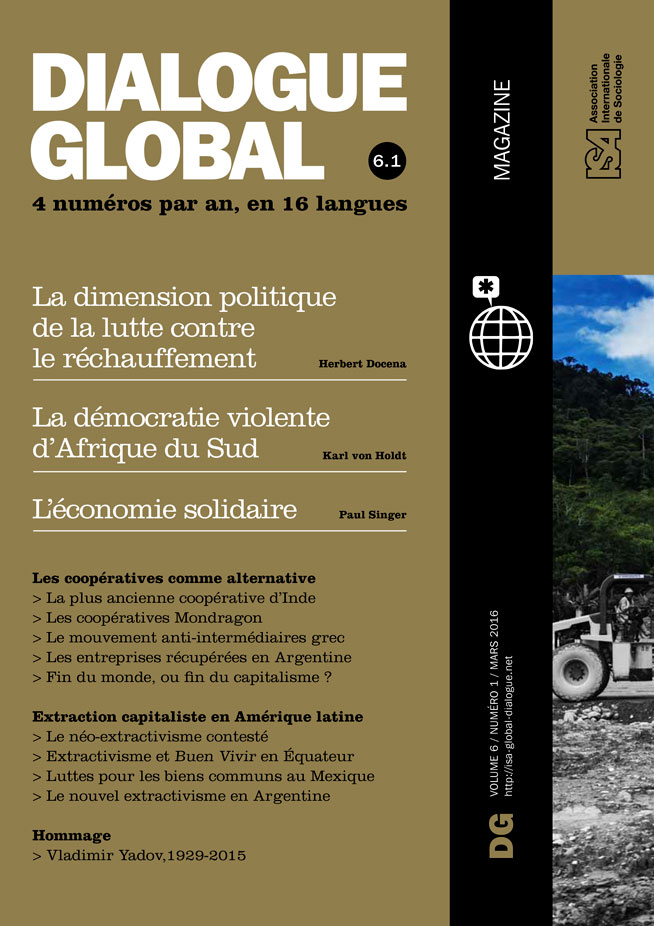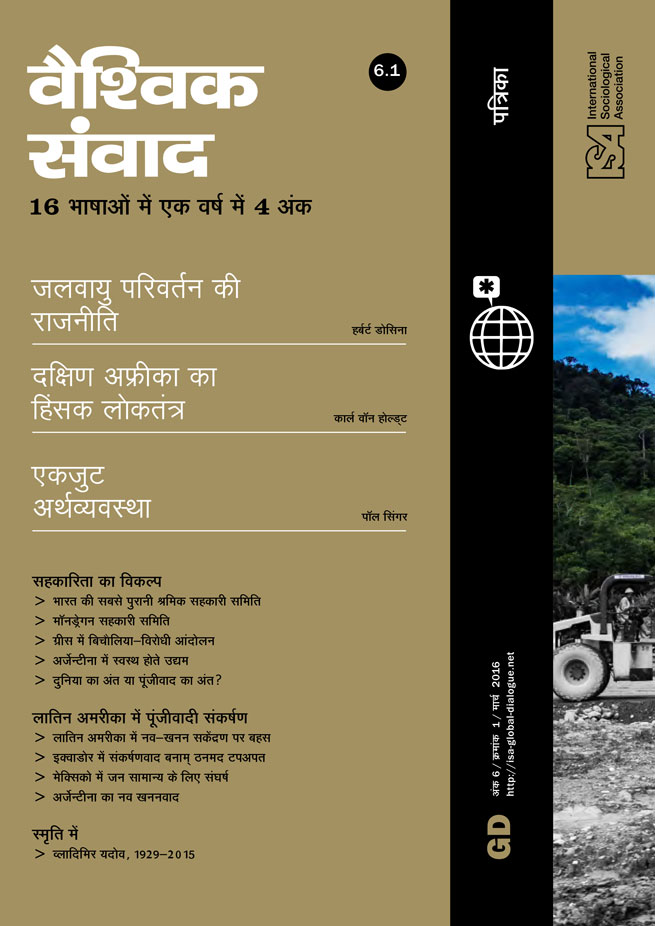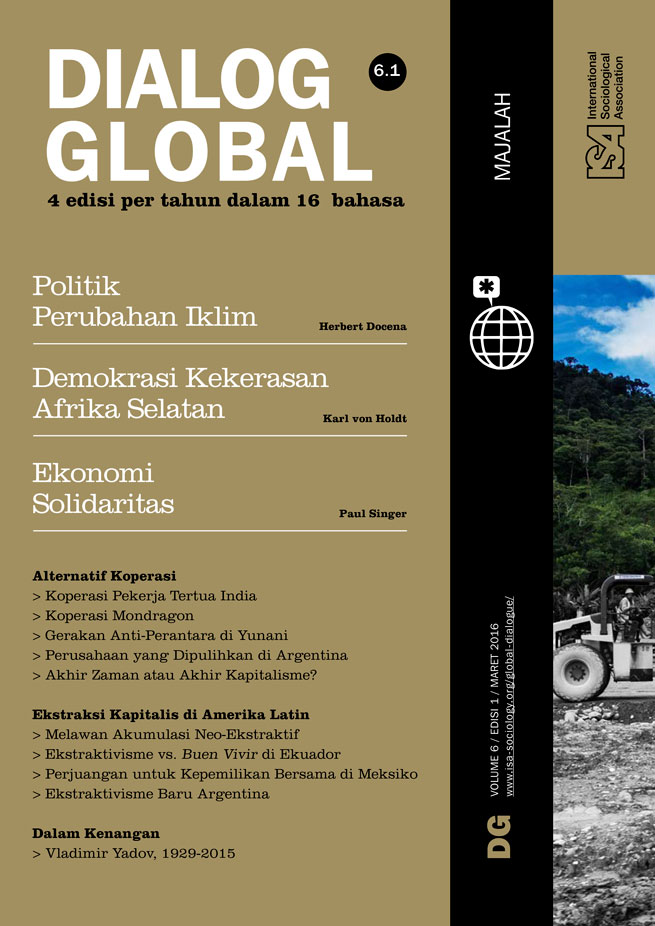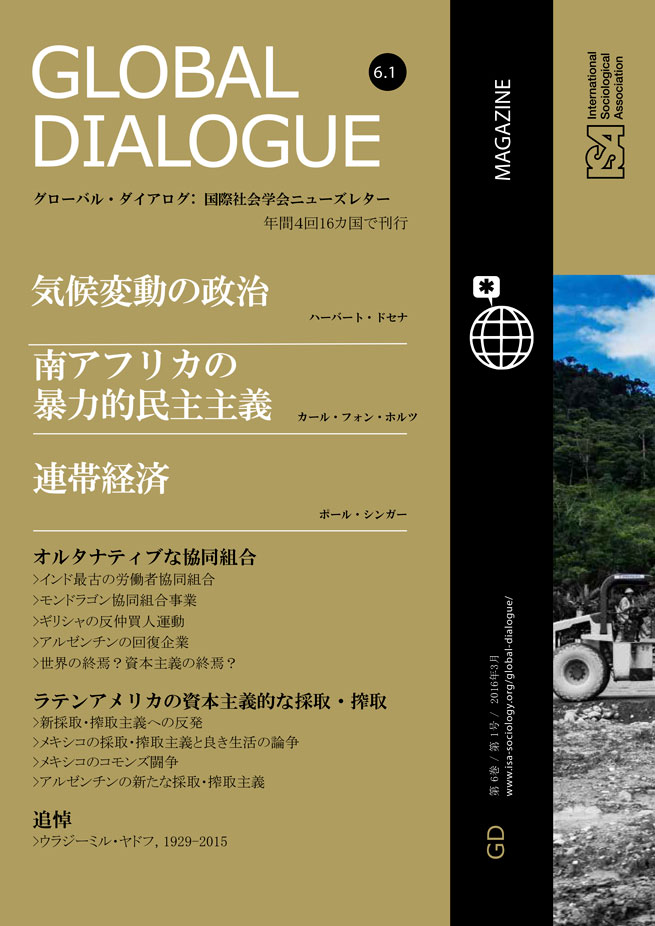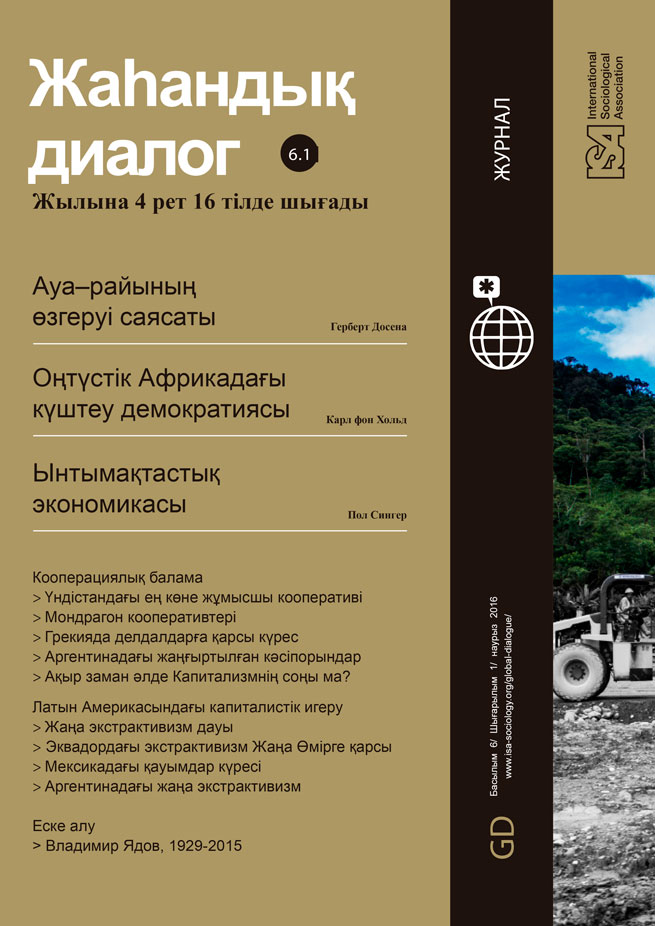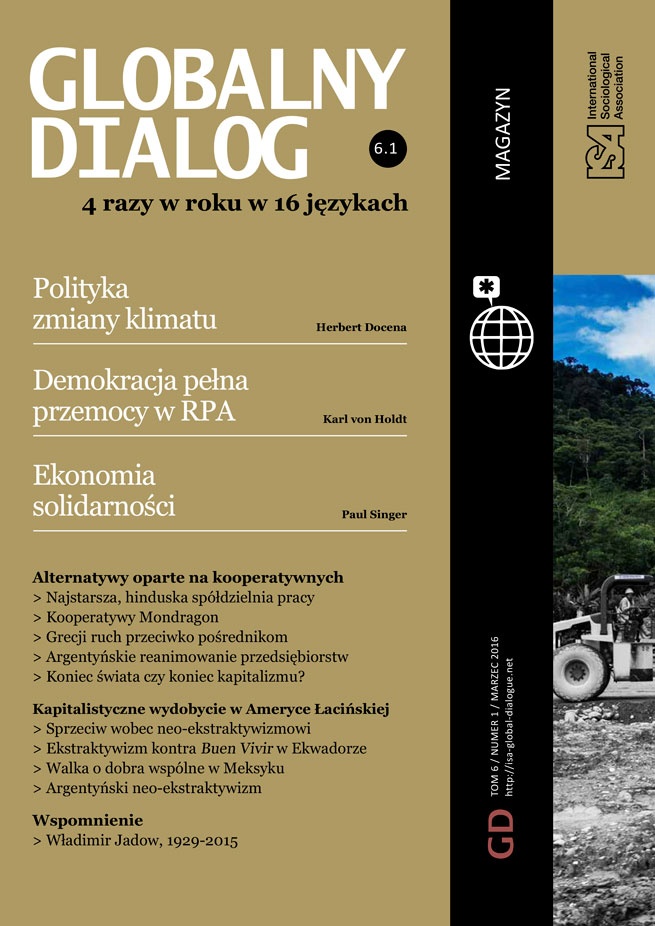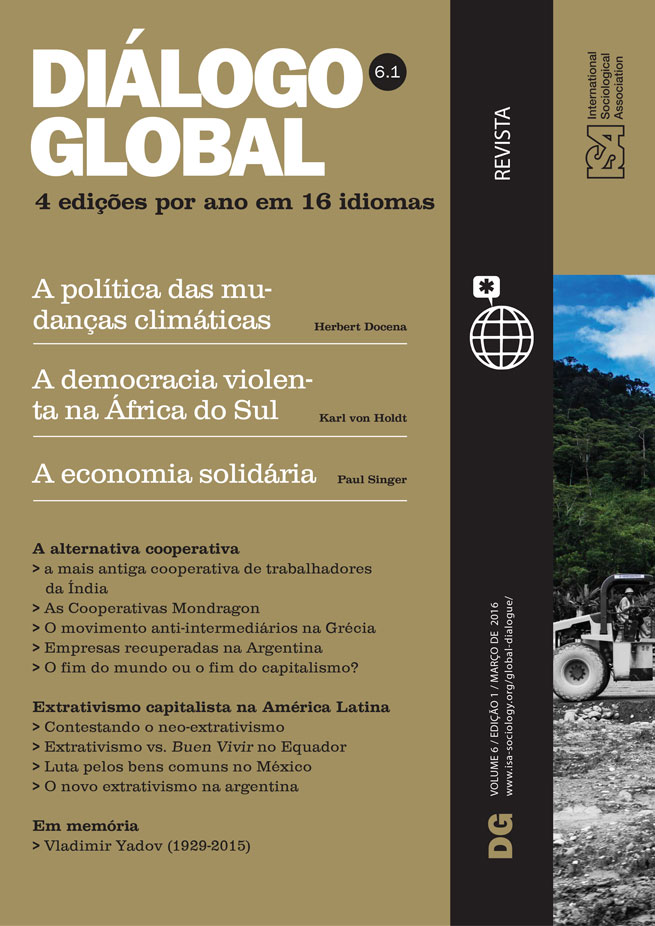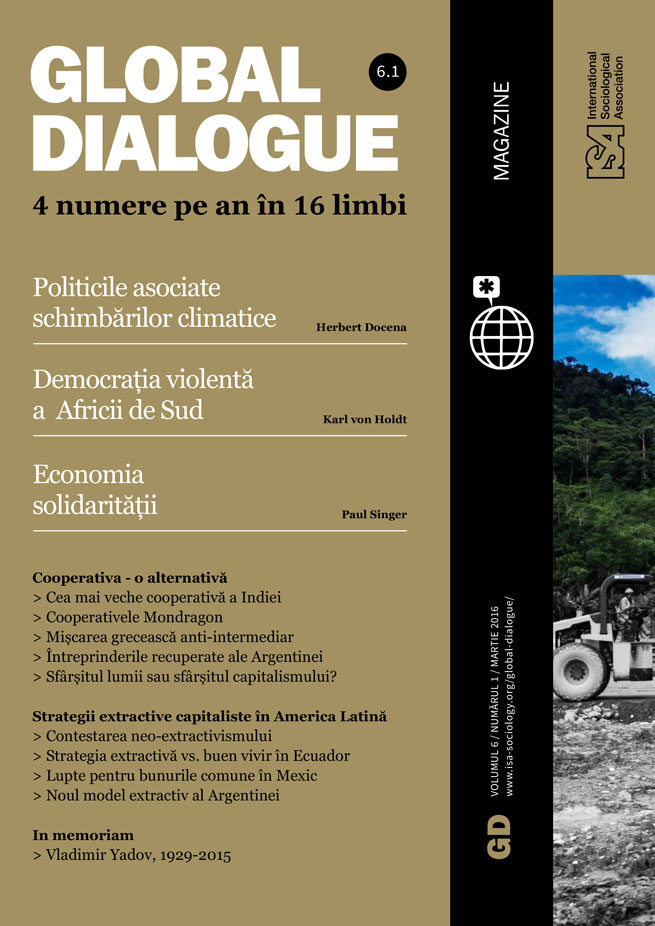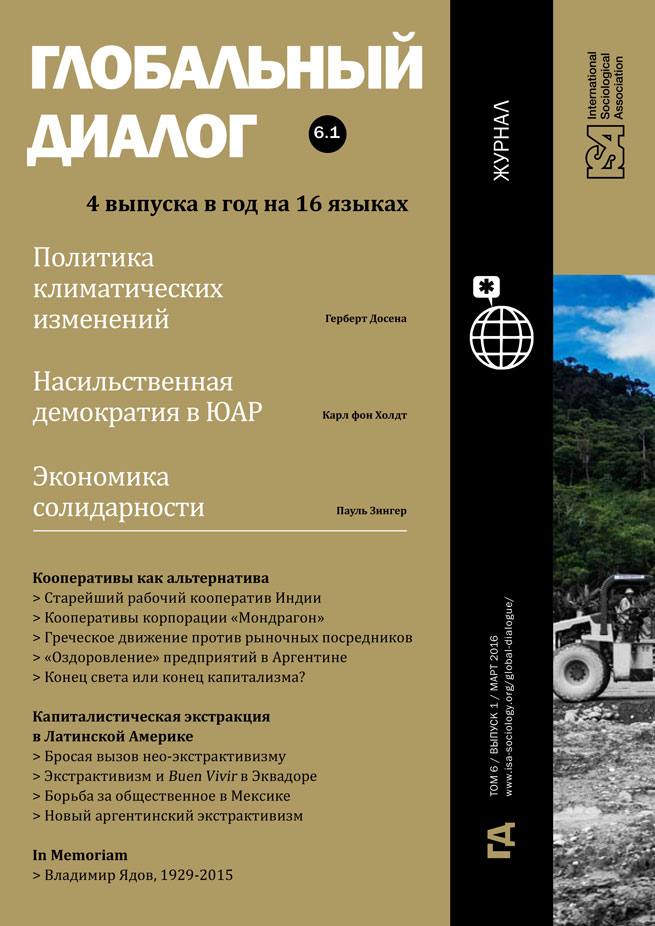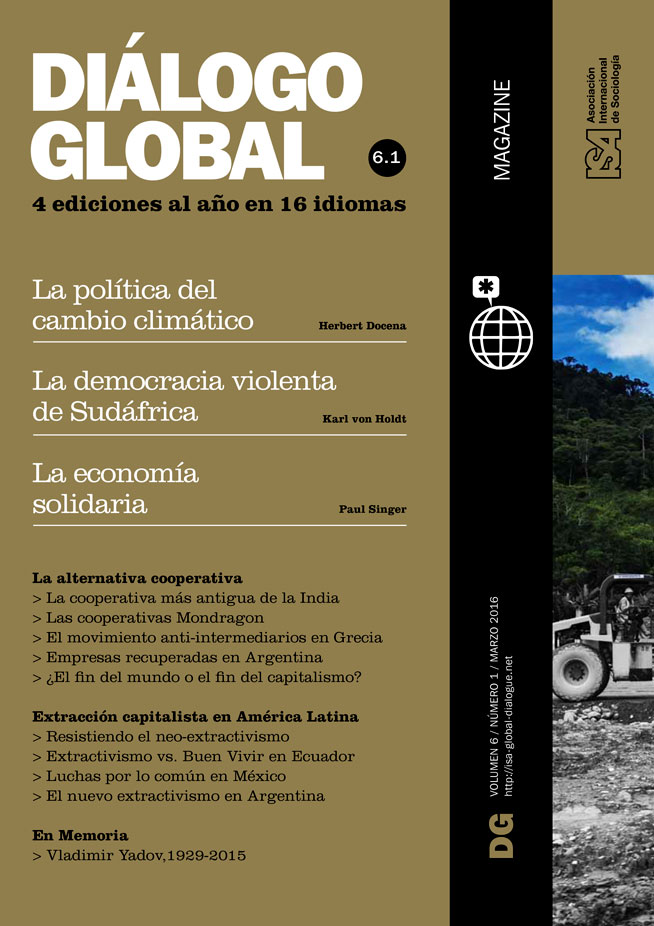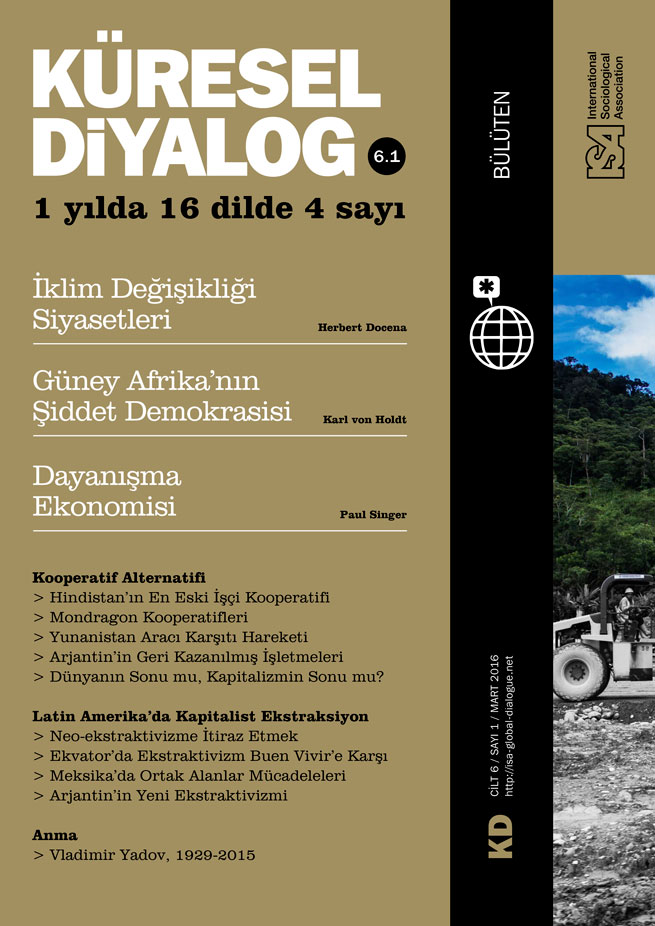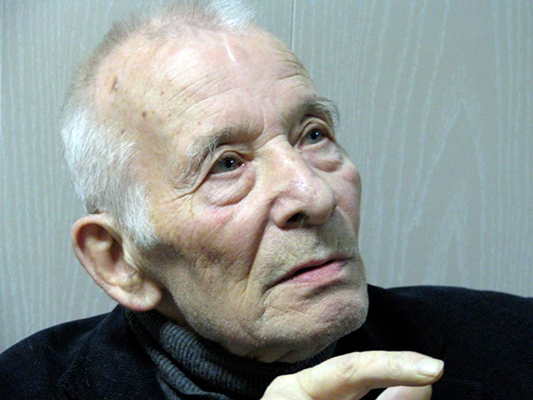Vladimir Yadov belonged to the generation of Russians born before the Great War (WWII) but came of age after it. He was born in Leningrad – a city where every stone harbors memories of bravery, self-sacrifice and tragedy, the cruelty of Stalin’s purges, and the trauma of the 900 Day Siege. It is the scene of amazing feats of creative spirit, linked to such names as Akhmatova, Shostakovich and Brodsky.
In 1945 Yadov was sixteen and dreaming of becoming a pilot. As a young high-school graduate he enrolled in a training course for military pilots but could not pursue this. They gave preference to the physically strong, and he was too thin and emaciated. He changed course, but kept his dream of going beyond the horizon and seeing what the sun looks like over the clouds. He enrolled in the philosophical department of Leningrad State University, graduated cum laude and continued as a graduate student. In the early fifties he defended his dissertation on “Ideology as a Form of Spiritual Activity.” After a meeting with Igor Kon he turned towards sociology, a new field of research that had just opened in the atmosphere of the post-Stalinist thaw.
In those days sociology was not officially recognized in the Soviet Union. The authorities regarded it as a dangerous encroachment on the domain of scientific communism that was supposed to provide perfect explanatory tools for whatever happened in the Soviet society. Yadov was, therefore, on shaky ground when he made the decision to conduct one of the first empirical studies in Soviet history. The topic was truly challenging: the study set out to test the Marxist hypothesis that the new Soviet conditions give birth to a New Man, a new kind of individual that is ready to sacrifice his own comforts for the common good. The study resulted in a book that marked a breakthrough in Russian sociology: Man and His Work.
In those days attitudes to socialism varied between extremes. Its proponents extolled the new system as the most advanced society in the history of mankind. Its critics described it as an “evil empire” that strengthened the worst sides of human nature. Yadov showed that the Soviet Man was no different from men and women in other countries. The Soviet Man wanted Russia to be prosperous, but he also charted his own private trajectory, pursued the dream of personal happiness and advancement. From then on Yadov never concealed his strong opposition to essentialism. He came out strongly against all attempts to devise “an indigenous sociology” that can grow only inside national boundaries. There cannot be a Kenyan bicycle, he argued, all bicycles have a lot in common. He stood strongly for the integration of Russian sociology into the world community of social scientists, for pooling resources to explore modernity in whatever form.
Yadov was only one of the group of scientists who challenged the primacy of Soviet ideology. Igor Kon, Tatyana Zaslavskaya, Boris Grushin, Andrei Zdravomyslov, Vladimir Shubkin were part of a loose network of Soviet sociologists who promoted honesty, freedom of discussion, and openness to the world. Vladimir Yadov upheld the traditions of the group by laboring at the methodology of social science and its strategies to comprehend social change. Hence his bias towards activist sociology and multi-paradigm schemes to explain ongoing transformations.
In 1988 Perestroika led him to become Director of the Institute of Sociology of the Russian Academy of Sciences. Yadov and his friends used the opportunity to make sociology a legitimate branch of social science, to open sociology departments and schools, to send young graduate students abroad to improve their skills and get a new vision of their own society.
The post-Soviet years belied many hopes and expectations, but Yadov remained an optimist to the end of his days. And to the end of his days he wanted to continue working for the Russian and international sociological community. He braved his weakness, continued to travel, kept communication lines open for Russia to be part of the world sociological community. He continued to send a message to the young: we sociologists must be the ones who seek to understand and share our understanding with others. On July 2, 2015 Professor Yadov passed away. Those who knew him will retain memories of his smile, his ideas, his unquestionable loyalty to sociology that he did so much to promote.
Mikhail Chernysh, Russian Academy of Sciences, Moscow, Russia, and member of the ISA Research Committee on Social Classes and Social Movements (RC47) and Thematic Group on Human Rights and Social Justice (TG03) <mfche@yandex.ru>
